This Alumnus of BITS-Pilani Quit His Job to Empower the Youth of Uttarakhand
Dhiraj Dolwani's company, B2R, is ensuring that youngsters, who would otherwise have headed to cities, are earning and contributing to their own environment.
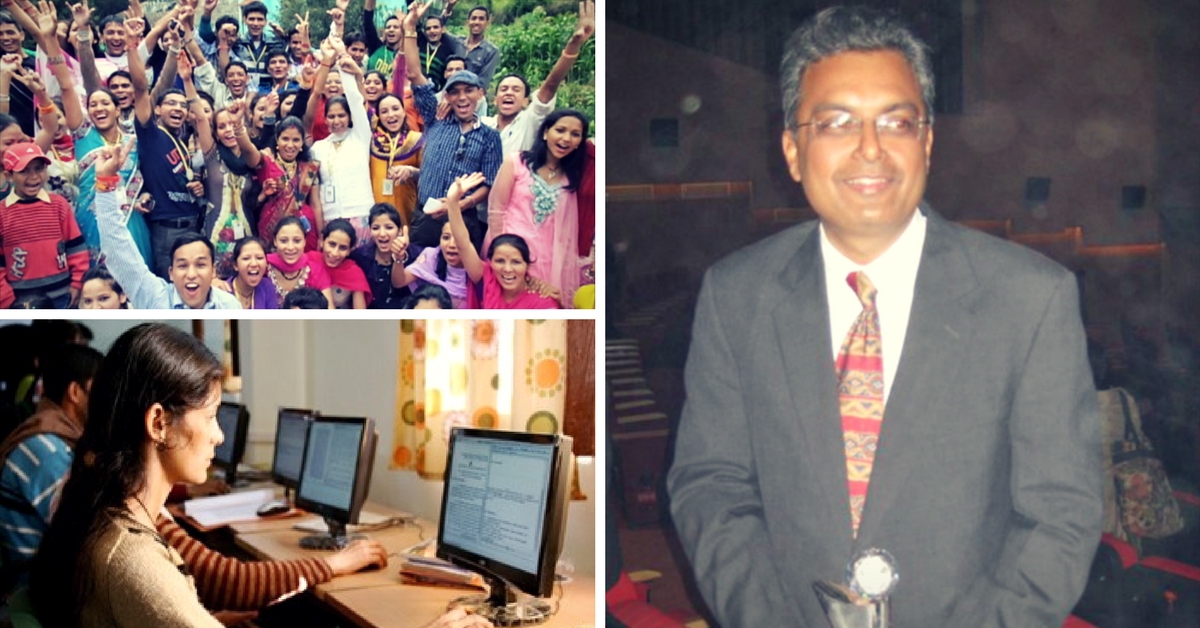
A disrupter—as we understand the term in business—is someone who upsets the apple cart and changes the way business has traditionally unfolded. A disrupter could be one who crashes the prices, one who comes from behind and steals the show through an innovative thought, or someone who forever changes the way the business works in the future.
However, what does one call someone who disrupts the way of life in an entire region? Someone who puts new aspirations and thoughts into the minds of the young? Who changes the power equation within the family? Rocks the whole boat so to speak?
In this case, one calls him Dhiraj Dolwani.
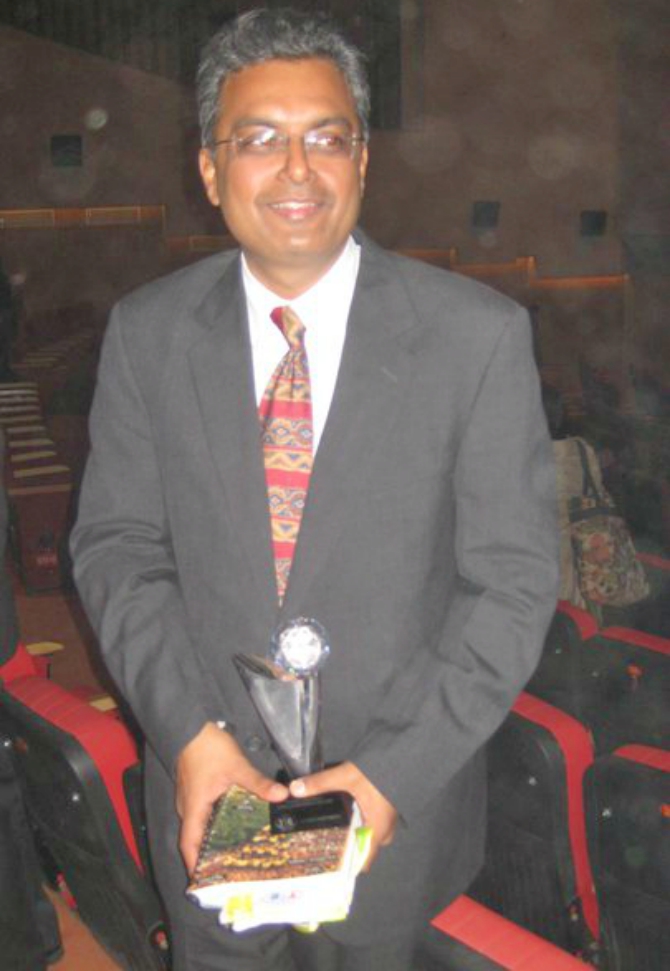
In 2008, Dolwani, an M-tech from BITS-Pilani, decided to quit a career that spanned the IT and BPO sectors to set up his own company B2R (Business To Rural). An avid trekker, it always troubled Dolwani when he saw the youth in the hills question why they need to educate themselves when they had no opportunity to use the education. No jobs, no prospects and nothing to look forward to except migrating to the cities and living a wretched life more often than not. “I saw so many things broken and began to ask what I was going to do about it,” he says.
By September 2009, Dolwani and his former colleague and co-founder R. Venkatesh Iyer (with personal savings and some angel investors) had started the first centre in Orakhan, Uttarakhand, with 20-odd employees.
The company got its first round of funding in February 2010 and growth post this was rapid. In two years, B2R had four centres doing back-end work for clients spread as far as the United States and employing close to 150 people.
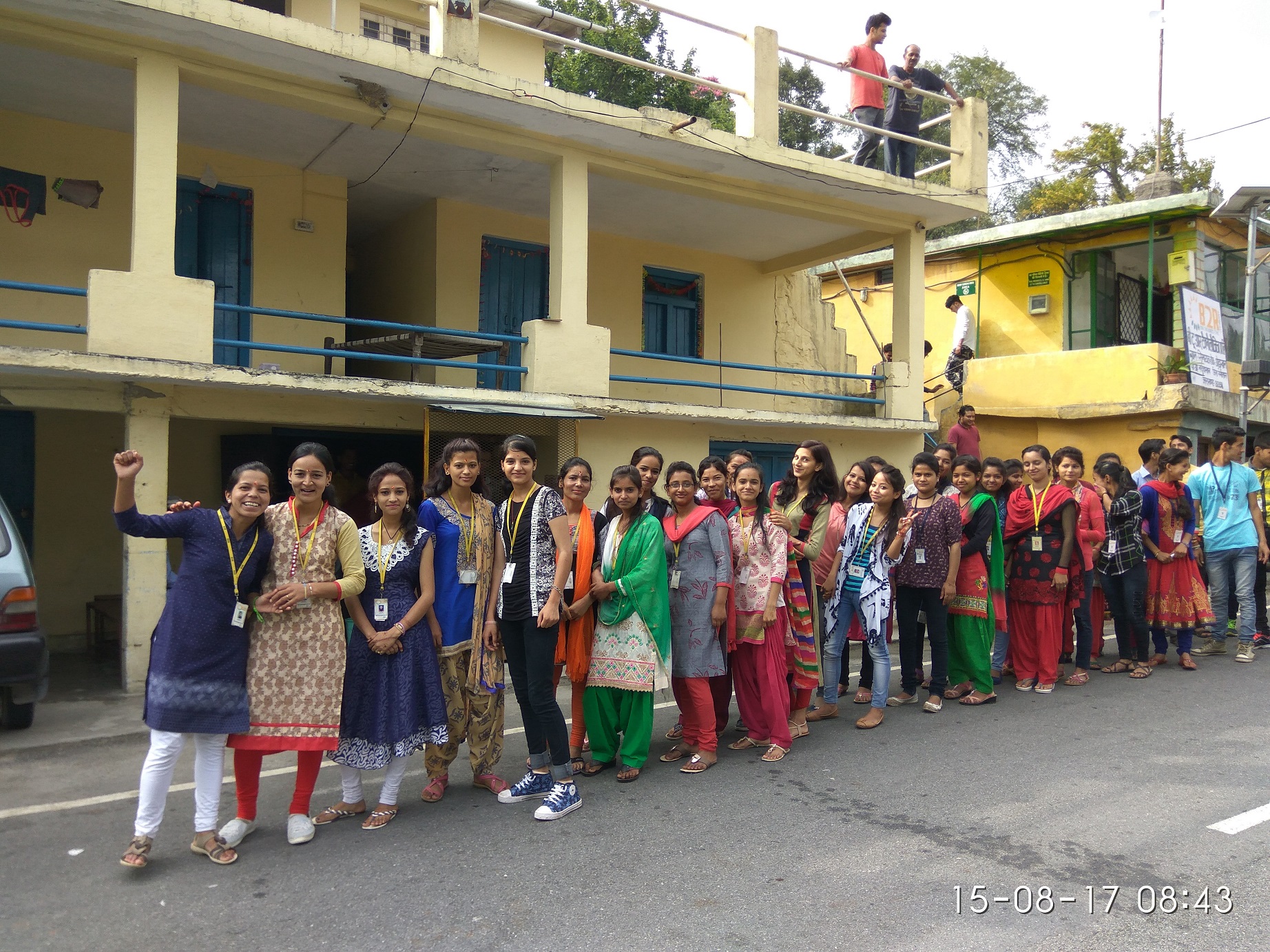
As the number of locals who were employed in the BPO rose, so did the disruption the new and alien environment was creating in the community. The young people especially women were not going to the cities to find a job but working in an office environment not far from home—changing gender equations and long-established traditions in the community.
Local women aged 22-25 started working for the first time and became important earning members of the family. In some cases, they were the only earning members.
The starting salary was low (Rs 3500-4000 a month), but for high performers, it could rise to Rs 9500-10,000 within 2-3 years.
“The change is bigger than it appears. As happens in these parts, as an economic contributor, these women began to have a greater say in household matters” says Himjoli’s founder Pankaj Wadhwa who has closely followed B2R’s journey and acts like a mentor and guide to the business.
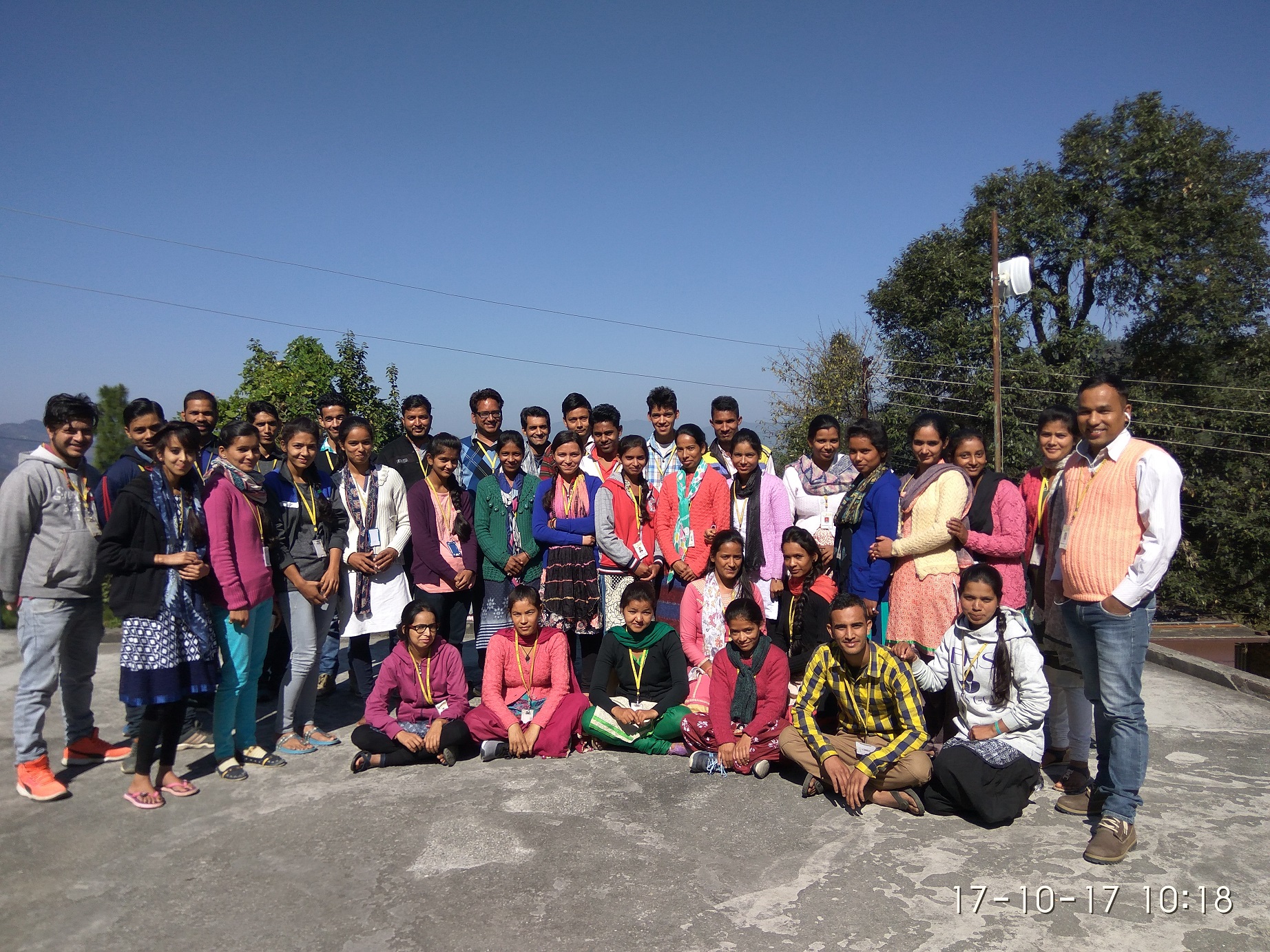
In a region where annual earned income for families is as low as Rs 6000, a monthly salary of this magnitude is like a “mini-fortune,” he adds.
At a typical centre of B2R, young women and men work together in close proximity, sitting next to each other and chatting freely— something that is alien to the culture of the region.
Women, post-training and after a few months of working, began dressing differently. “Jeans and other western clothing became the norm; the aspirations of the people working at our centres changed as did their way of thinking.”
By 2013, the company had six centres, 335 odd employees and was looking at further expansion when its second round of funding ran into trouble, and the investor pulled out. “This is a business where you burn before you earn and the business needed far more patient capital than the investors were willing to give”, explains Dolwani. The investor was keen on quicker returns than the business was generating.
The financial crisis in 2013 coincided with a personal one for Dolwani when he was diagnosed with a serious illness and hospitalised for a few months. At some point, Dolwani even felt that it would be the end of the road for B2R—his illness and the investors pulling the carpet at the same time seemed like more than a coincidence.
But when Dolwani discussed options with his employees, many agreed to take salary cuts but wanted the business to continue because the possibility of leaving their homes and moving to the bigger cities in search of jobs was not an attractive one for most.
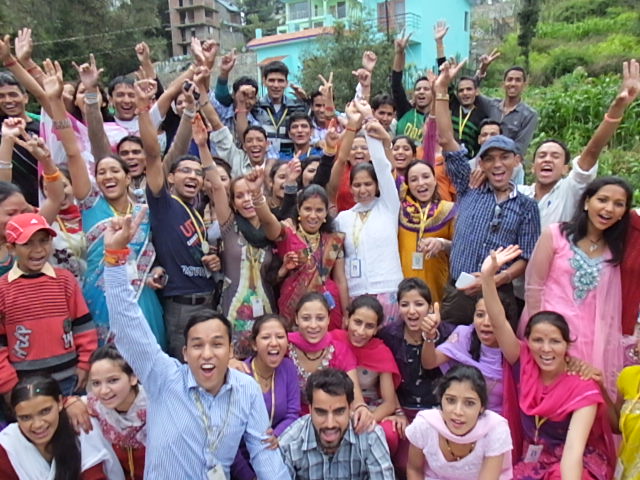
The company downsized, reduced its monthly outgo and started focusing more on our customers than investors. Within two years by 2015, B2R reached an operational break even, and now in 2017, it expects to make a modest profit. It’s back to six centres and 300 employees today.
But more than the financial rewards, the fringe benefits of B2R’s journey is what gladdens the hearts of its promoters. All these youngsters who would otherwise have headed to cities are earning and contributing to their own environment.
Recently—having studied B2R’s journey from a distance—the governor of Yucatan in Southeastern Mexico asked them to help set up similar centres in their province. As a result, five locals from B2R’s Uttarakhand centres have been to Mexico to train people, none of whom had visited even Delhi before this!
Changes in the social fabric are also welcome. Women are not only getting married later than they would have but are even choosing who to marry.

Dolwani recalls the story of two of his initial cohort of staffers in 2009—a young man named Deepak and a young woman named Deepa met at B2R, fell in love, rose through the ranks to become supervisors (and subsequently left to move onto newer assignments) and recently got married. Marriages are apparently not always made in heaven; some are made at B2R, he adds in jest.
(This article has been written by Anjuli Bhargava and was originally published here: https://tinyurl.com/y939nr5r)
Like this story? Or have something to share? Write to us: [email protected], or connect with us on Facebook and Twitter.
NEW: Click here to get positive news on WhatsApp!
This story made me
- 97
- 121
- 89
- 167
Tell Us More
We bring stories straight from the heart of India, to inspire millions and create a wave of impact. Our positive movement is growing bigger everyday, and we would love for you to join it.
Please contribute whatever you can, every little penny helps our team in bringing you more stories that support dreams and spread hope.



















